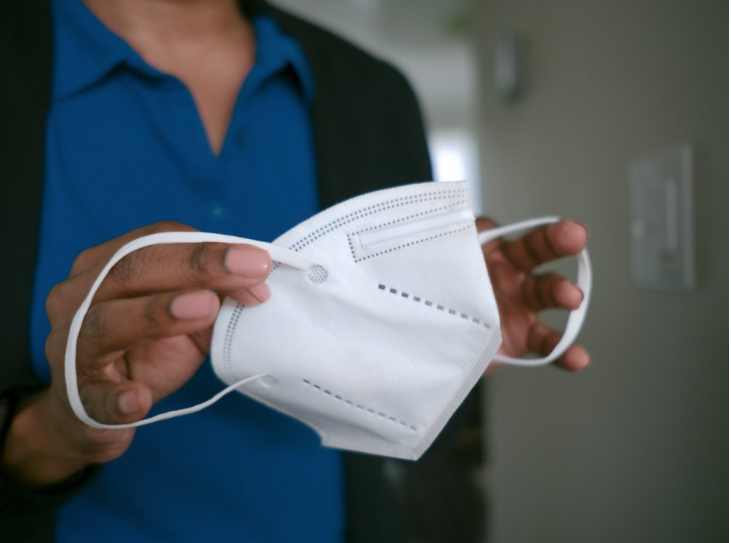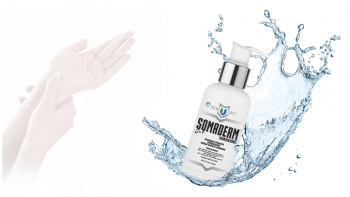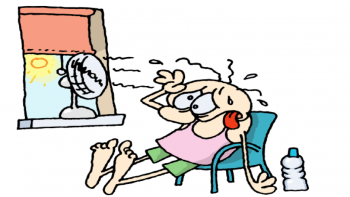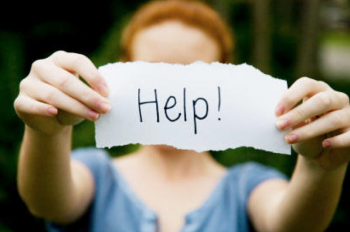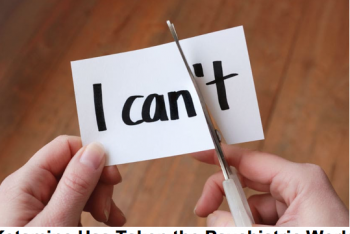CommentsCOVID WATCH - When putting on a new mask, check for a snug fit around the mouth, nose, and chin.
Most N95 or KN95 masks are made of a fabric-like web of synthetic polymer fibers designed to ensnare virus particles. The main difference between the two masks is that N95 masks are the standard in the United States, while KN95s are the standard in China. N95s are also approved for use in medical settings in the U.S.
Once your mask is on, avoid touching your mask as much as possible. One common error is pulling down a mask to talk to others, which creates multiple opportunities for contamination. When taking your mask off, keep away from the front and inside of the mask. Instead, handle it by the edges or straps. After removing your mask, thoroughly wash or sanitize your hands.
"Definitely avoid the part right in front of where you breathe, like right in front of your nose and mouth," says Linsey Marr, a professor of civil and environmental engineering at Virginia Tech, to Kristen Rogers for CNN.
Take a Sanitation Break
Unlike the cloth masks recommended earlier in the pandemic, N95 or KN95 masks can’t simply be tossed in the laundry. Because the masks have a special static charge that traps viruses, they should never be washed.
Virus particles trapped in the respirator will die off over the course of hours to days, so experts recommend letting an N95 or KN95 mask hang out in a cool, dry place for a day or two between outings.
A simple method for implementing this resting period between uses is to put your mask in a brown paper bag for 24 to 48 hours before using it again.
“The concern about wearing a mask in public, obviously, if you get particles on it, perhaps even the virus, but if you store it in a dry bag, you are essentially sanitizing again over a period of time,” says Joe Gastaldo, an infectious disease expert at OhioHealth, to the Miami Herald’s Bailey Aldridge.
Sabrina Assoumou, an infectious disease physician at Boston Medical Center, recommends having multiple masks in a rotation, so each mask can have a sanitation break between uses. Individuals can then label the bags accordingly to keep track of each mask.
"For an N95, we'd recommend you switch [the mask] every day," says Assoumou to Felicity Warner for USA Today. "But, you can rotate them. If you have three masks, [for example], you could number them and switch them around."
Check for Wear and Tear
Because masks deteriorate at different rates, it’s a good idea to regularly check a mask’s fit and function before you use it. Look for signs of stretched-out straps, stains, soiling, or fraying of the mask—all of which compromise its ability to filter out Covid-19.
The longer and more frequently you wear an N95 mask, the more contaminated it can become, and the sooner it will need to be replaced. A front-line worker wearing an N95 mask for a day-long shift may find their mask is compromised after one use, while someone dining with a mask or wearing one for a trip to the grocery store may find they can get multiple uses out of it.
"If you're rotating your masks, washing your hands and storing them well, you can get five to a little bit more uses with them," Gastaldo says to USA Today.
The Centers for Disease Control and Prevention (CDC) recommends using N95 respirators for no more than five uses, noting that each time an N95 is removed and put back on, it weakens and stretches the masks’ straps. Per CDC guidance, health care workers should not reuse respirators.
“Really, it's going to get gross from your face or the straps will get too loose or maybe break before you're going to lose filtration ability," Marr says to CNN.
Known When It Has to Go
Both N95 and KN95 masks can’t be reused forever, so you’ll have to know when it’s time to toss it. There is no hard-and-fast deadline—the masks’ effectiveness declines over time—but experts say if the mask is visibly dirty or damaged, stained, or gets damp, it’s time to let it go.
Any time someone comes in close contact with an individual infected with Covid-19, they should opt for a new N95 or KN95 face mask.
(Corryn Wetzel is a freelance science journalist based in Brooklyn. Her work has also appeared in Audubon magazine, National Geographic and others. This article was first published in the Smithsonian Magazine.)

